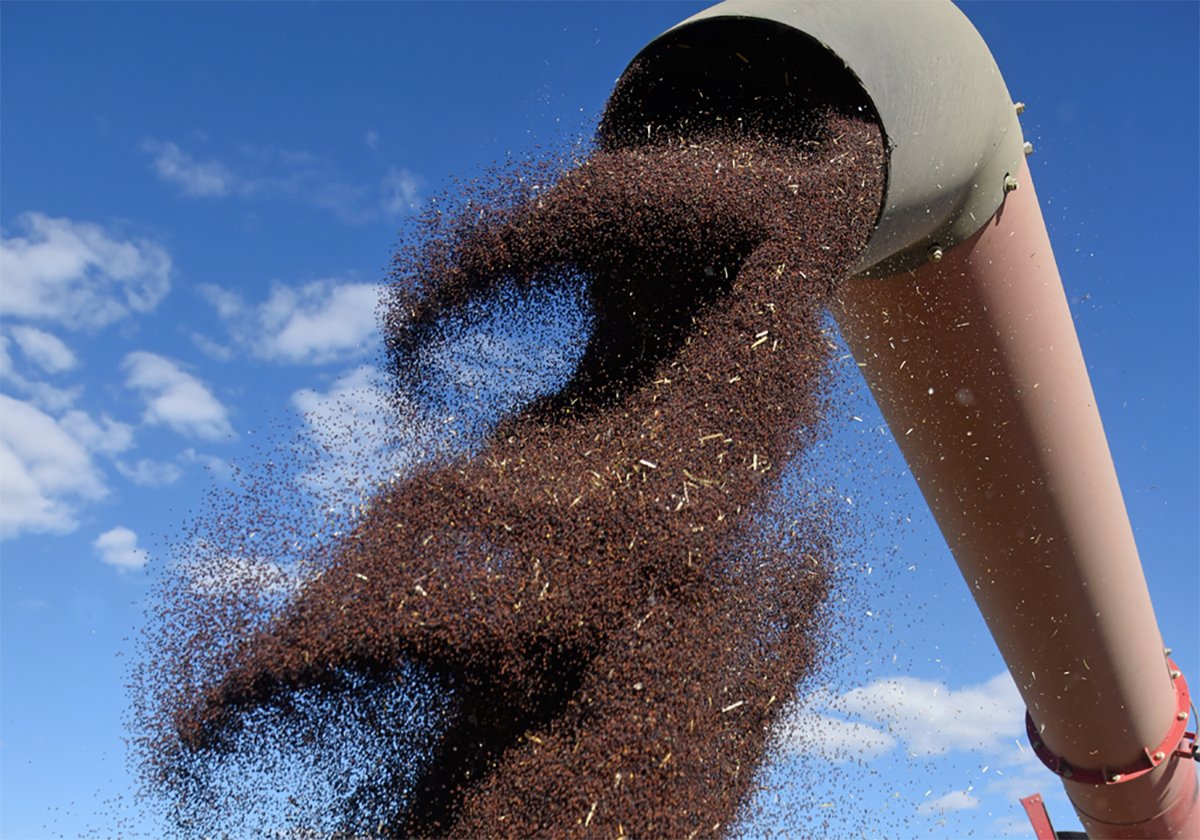World Trade Organization negotiators have agreed to make a concerted effort in early 2011 to develop by March an outline of what a global agricultural deal would look like.
And by agreeing to use the last proposed text from 2008 as the starting point, it means that reducing supply management protections against imports and eliminating state trading enterprise monopolies like the Canadian Wheat Board single desk will be on the table and supported by most countries other than Canada.
Canadian negotiators are under instruction from Ottawa to resist both proposals, although trade analysts generally believe that Canada would not walk away from a broad agreement even if it loses on those two points.
Read Also

Ag minister says tariff situation with China is fragile, volatile
Agriculture ministers from across Canada said they heard canola producers’ concerns about tariffs but it seems unlikely they can do much about them.
However, since WTO requires unanimous agreement from its 153 members, Canada has some bargaining leverage.
According to the schedule agreed to last week at a meeting of the agriculture negotiating committee in Geneva, a “near-final draft” of an agricultural deal would be completed by the end of March and final details nailed down by summer.
It would then require a ministerial meeting to ratify the “modalities” agreement of general rules, assuming non-agricultural negotiations follow the same timetable, and give negotiators the rest of the year to pin down the details of a final deal including concessions and tariff commitments by each country.
During the nine years since it was launched at Doha, Qatar, in 2001 with a three-year timetable, politicians and WTO director general Pascal Lamy often have proclaimed that progress and a deal were imminent.
All deadlines have been missed and critics have suggested that the Doha Round, with its mandate based in the traumas of post-Sept. 11, 2001, terror attacks in the United States, is in danger of becoming irrelevant.
A failure of the round would raise questions about whether the WTO structure, based on unanimity of countries with different economic and trade interests, is workable.
World political leaders have declared at several summits during the past year that completing the WTO negotiation is important for world recovery from the recession.
“They recognized the 2011 window of opportunity to achieve this goal,” Lamy told the WTO trade negotiations committee at a Nov. 30 meeting.
“They called for intensified engagement and for negotiations across the board to conclude the end game. They also committed to seeking domestic ratification once an outcome is reached.”
Lamy said the latest of what have become annual political leader pledges to support a WTO deal really is a call to arms with an actual promise to spend political capital by making concessions necessary to close a deal.
“In short, they provided a clear signal that they expect the Doha Development Round to be deliverable next year,” he said. “Our task now is to translate this political will into negotiations here in Geneva.”
Agriculture negotiations chair David Walker from New Zealand said last week negotiators from all countries agreed to intensify negotiations in the new year.
He said intensive negotiations will begin Jan. 17 and continue in February, looking for compromises and the outline of a deal the next month.
A key ingredient will be whether the U.S., after two years of indifference to trade issues under U.S. president Barack Obama’s administration, is willing to become seriously involved.
A complication will be that the administration may not be willing to commit to subsidy or protectionist concessions before the next U.S. farm bill is written and approved in 2012.














